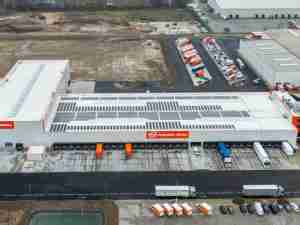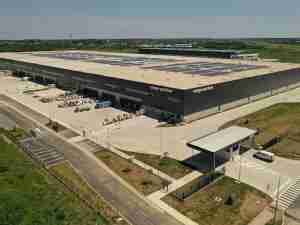After 30 years in the transportation business, I still am waiting for a clear, simple explanation re the differences between a 3PL organization and a freight forwarder.
Is a third party logistics provider just a fancy name for a freight forwarder, or does he actually provide a number of services that the "old fashioned" consolidator does not?
Yes, there are differences. Most 3PL executives muddy the waters, however, by spouting rhetoric that almost no one understands. For example, one 3PL executive recently claimed that his company provides "business process platforms" to customers. Another is offering "enterprise applications" to shippers. Can anyone explain what these phrases mean? What has happened to clear, simple English in describing a service to a shipper?
Rather than clouds of verbiage emanating from 3PL executives, let me attempt a simple explanation regarding the different functions between a freight forwarder and third party logistics provider.
Basically, forwarders move cargo from one point to another. 3PLs move, store and process inventory. In doing so, they may provide traditional forwarder services. An important question arises in this overlapping of services. Does the shipper obtain genuine value for the transportation segment of the 3PL service? The answer often is ambiguous. To make this point clearer, I believe the shipper should ask the 3PL some hard and straight questions about the transportation part of his services.
Like: < ul>
Since you are non-asset based and must rely on air carriers and shipping lines to move your customer's freight, can you obtain lower rates and more assured service from your service provider than forwarders?
The forwarder is a specialist who focuses on the cost and logistics of transportation. The 3PL is usually a generalist who expects to be compensated for providing an over-all service. This compensation may or may not be cost effective.
How many people will the customer eliminate from his staff by turning over to a 3PL the complete management of his logistics process? Ironically, the 3PL may use a forwarder to move his customer's freight. How effective is he in negotiating rates with the forwarder so that the total cost to the shipper is no greater than the direct utilization of a consolidator? The shipper must balance the "one stop" convenience of a 3PL who claims to handle every aspect of the logistics process against the generally higher costs the third party logistics provider will request.
Unlike many traditional forwarders who claim 3PLs provide no additional services than does the traditional consolidator--while charging much higher fees--I believe there is a legitimate place for both parties. At the DHX-Dependable Hawaiian Express division of our company, we act both as a forwarder and 3PL. For one of our largest accounts to Hawaii, we provide receiving services by inventory item. Each inventory item is linked to purchase orders on a specialized software platform that our IT staff designed and implemented.
At our other two divisions, DGX and DAX, we currently act primarily as forwarders. We move cargo with no detailed receiving or specially developed software. However, this concentration strictly on forwarding activities may be changing. This change is occurring at our worldwide cargo service--DGX. For imports into the US, we have developed DEPOT (Dependable Electronic Purchase Order Tracking) that links shippers/manufacturers, consignees and the forwarder in one supply chain network. This network acts in real time, communicating every single order placed





_-_28de80_-_d88095865f9f1cbb4ecdd37edf61c63efd603428_lqip.png)

